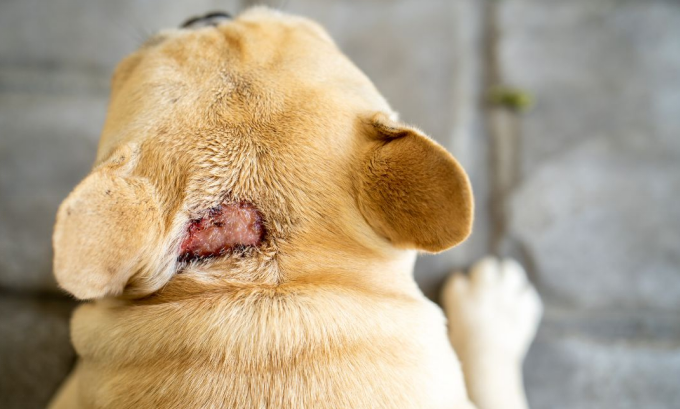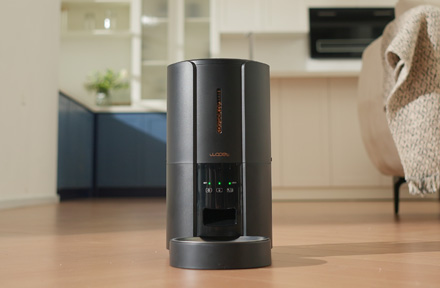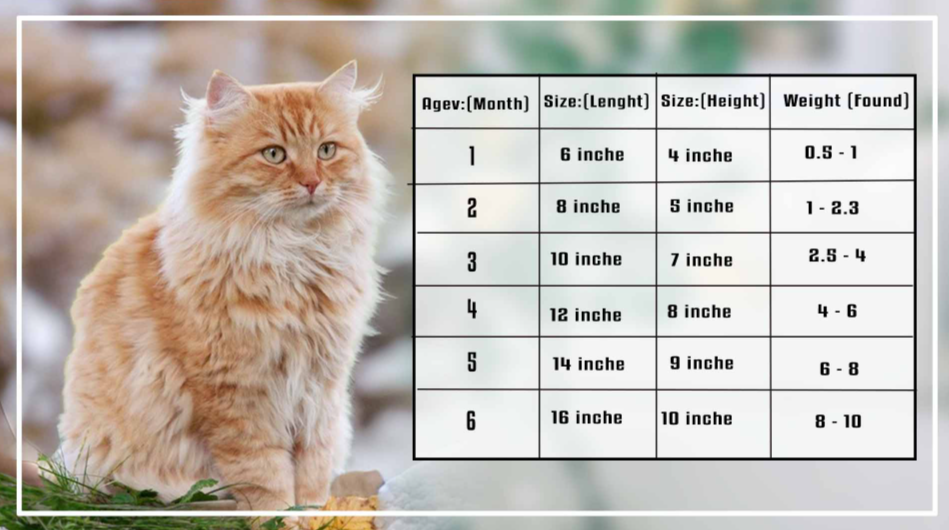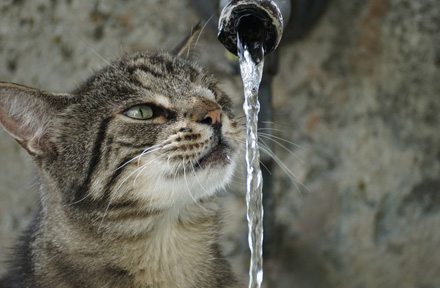Aug 18, 2025
Author:Lisa Martinez

One day, there’s nothing. Then—bam—you notice a red patch turning ugly. Wet. Angry. Growing. Hot spots have a habit of appearing fast. And no, they’re not just a skin thing. Ignore them and you’re inviting pain, relentless scratching, and sometimes infection.
The upside? They can be stopped. Many times, they start with something you can actually control. Here’s what we’ll cover:
● The triggers that kick off a hot spot.
● Treatments that actually halt the itch and help it heal.
● Simple moves to keep flare-ups from returning.
Want the whole picture—causes, fixes, practical habits to keep flare-ups away for good? Keep reading right now to learn.
Triggers That Often Lead to Hot Spots on Dogs
Hot spots—yeah, vets call it acute moist dermatitis—don’t just appear out of thin air. Something’s irritating the skin, and the dog can’t leave it alone. Lick. Scratch. Chew. Over and over. Before you know it, bacteria have the perfect setup to take over.
Allergies? They’re a big one. We’re talking:
● Environmental stuff—pollen, grass, dust mites.
● Food-related issues—certain proteins or additives.
● Flea allergies—for some dogs, one bite is enough to set everything off.
Wet fur? That’s bacteria territory. It happens when:
● Swimming or bathing doesn’t end with a proper dry-off.
● A damp collar or harness stays on for hours.
● They plop themselves in wet grass or mud and stay that way.
When the skin’s already struggling, things go downhill fast. That includes:
● Bacterial or fungal skin infections.
● Mite infestations—yep, mange falls here.
● Chronic dermatitis that needs ongoing veterinary oversight.
Treatments That Help Hot Spots Heal Quickly

These things don’t waste time—they spread, and fast. You’ve got to move with a plan. First, clean it, then stop the itch, and somewhere in there, deal with what started it in the first place.
Forget the quick rinse. That won’t cut it. You’re looking at:
● Fur removal—clip at least 1–2 inches around the sore. More air, less moisture. Be careful—dull blades or clumsy scissor work can make things worse.
● Disinfecting—sterile saline works. Or diluted chlorhexidine (0.05–0.1%). Skip peroxide—it’s rough on healthy tissue.
● Drying—pat with sterile gauze. Never rub.
Crusted over? Warm, moist compress for 5–10 minutes first. It softens things up so you’re not ripping skin.
Itching means more damage. End it quick:
● Topicals—hydrocortisone sprays or gels right after cleaning.
● Vet-prescribed meds—oral corticosteroids to bring swelling down, antihistamines for allergy flare, NSAIDs for pain (only under guidance).
● Physical barriers—E-collar or protective gear so they can’t keep chewing.
Note: If you don’t control the itch within 24–48 hours, expect the lesion to spread.
Clean it, yes—but if you skip the why, it’ll be back. This means:
● Parasites—full flea control, environmental treatment, IGRs.
● Allergies—diet trials, intradermal testing.
● Infections—culture, match antibiotics or antifungals to results.
● Behavioral causes—stress chewing or licking, addressed with enrichment or meds.
A solid plan fixes the wound and kills the trigger.
Prevention Strategies That Protect Skin Health
Once healed, keep it that way. Prevention is about blocking the things that light the fuse in the first place.
Fleas, mites, ticks—they’re trouble. Control them with:
● Year-round vet-approved preventives.
● Targeting every life stage (adulticides + IGRs).
● Clean the environment—hot wash the bedding every week, keep the vacuum running often, and don’t skip treating the outdoor areas.
One flea bite—that’s all it can take to trigger an allergic skin mess, which is why keeping up with prevention really does matter.
Moisture is basically an open door for bacteria. So here’s what that leads to:
● Dry thoroughly after any water exposure—dryer or towel, paying attention to dense coat areas.
● Swap wet collars/harnesses for dry ones.
● Groom regularly to prevent mats, spread oils, and improve skin defense.
Dogs with double coats? They usually do better when that undercoat gets thinned out during certain seasons.
Diet feeds the skin as much as the body. It should:
● Make sure they’re getting omega-3 and omega-6 fatty acids in their diet.
● Provide digestible proteins.
● Include skin-friendly vitamins and minerals—zinc and vitamin E are two that actually make a difference.
Hydration matters too. The WOpet Heritage View Automatic Pet Feeder helps keep feeding consistent and lets you spot eating behavior changes—sometimes a red flag for discomfort.
Don’t wait for full-blown sores. Check:
● Weekly for heat, swelling, and damp spots.
● Behind ears, under collars, inner thighs.
● See redness, licking, or hair loss? Jump on it—clean, protect, and then let the vet give the final call.
Spot it early, and you’ll likely slash the healing time by half.
Hot spots aren’t superficial wounds—they signal problems inside. Real progress starts by fixing causes, rebuilding the skin, and committing to steady preventive care. Do that, and relapses drop sharply.
Key takeaways:
● Layer parasite protection year-round.
● Manage moisture through grooming and drying.
● Feed skin-healthy diets; monitor hydration.
● Check skin often and act fast always.
Know what causes hot spots on dogs and you’ll stop flare-ups before they snowball into bigger ones.
Label:
Popular Post

What to Feed a Sick Dog With No Appetite? [2025 Guide]
May 16, 2023

Troubleshooting Common Issues with Automatic Pet Feeders: Tips & Tricks for Pet Owners
Oct 26, 2023

What is a standard Cat Weight chart by age Kg?
Mar 19, 2025

Why Does My Cat Cough After Drinking Water? 8 Potential Reasons
Mar 13, 2023

Why is My Cat Throwing up Water? Top 5 Causes Here
Feb 08, 2023
$109.99
$129.99
Copyright © 2025 WOPET. All Rights Reserved.